During the month of November, Native American Heritage Month is observed by the federal government to call attention to the culture, traditions and achievements of the United States’ original inhabitants and their descendants. The Office of Diversity & Inclusion at the University of Wisconsin-La Crosse invited campus and community members to attend a seminar titled “The Lasting Trauma of Indian Policies in the United States on Indigenous Students” on Monday, Nov. 6, to recognize Native American Heritage Month.
Leanne Vigue (she/her) was the keynote speaker at the event. Vigue has been a registrar in the Records and Registration Office at UWL for five years. However, working as a registrar is only one of the identities Vigue holds. Vigue’s Native name is Manih Enaemaehkiwkuhkiw which means ‘Thunder Woman’. Vigue is a descendant of the Menominee Indian Tribe of Wisconsin.
Wisconsin has 11 government-recognized tribes and one that is unrecognized: the Brothertown Tribe of Fond du Lac, WI. According to Wisconsin First Nations, “The Brothertown Indian Nation also calls Wisconsin home, but is not a federally or state recognized tribal nation. They were originally from the state of New York.”
Vigue began her speech by speaking of her Native Heritage and how Native Heritage is determined by the U.S. government.
The federal government developed ‘Blood Quantum’ to authenticate the amount of “Native blood” a person has by tracing individual and group ancestry. The amount a person has is measured in fractions, such as ¼ or ½. This measurement can affect a person’s tribal identity and ability to become a federal member.
Vigue said, “Blood quantum was developed by the federal government as a way to eventually have these tribes be terminated as blood divided over time.” If a Native person has a child with a non-Native person, that child is considered a ‘half-blood’. If that person eventually has a child with a non-Native person as well, their child would be considered a ‘quarter-blood’. This continues until their “Native blood” is a small percentage.
Each tribe has different blood requirement limits to determine whether a person can receive full or partial enrollment in the tribe. In Vigue’s tribe, the Menominee, you must be a ‘quarter-blood’ to receive full enrollment. If you are an ⅛ or a 1/16, you are a descendant and only receive partial rights to the tribe.
“Oftentimes, people had to choose between love and the existence of your tribe,” said Vigue. As a descendant of the Menominee tribe, Vigue only has partial rights to the tribal land and rights as she is not considered full-enrollment which she said is common amongst Natives.
Blood quantum reduces Natives to a percentage to determine whether they receive rights and aid from the government. “Native, but not Native enough,” said Vigue regarding the reality for many Native Americans.
Vigue spoke about the importance of her Native Heritage and how she uses her passion for Native Heritage to help other Native communities. Vigue worked as a Tribal Liaison and Multicultural Specialist at Nicolet Community College previously. In this role, she traveled to tribal nations to talk to Indigenous youth about “attending college, how to accumulate them once they get there and how to get them to stay once they became students,” said Vigue.
Vigue said, “It was a really special opportunity for me. I felt like I was able to give back to the Native Community that I came from and was really making a difference in people’s lives.” She continued, “But it’s also where I learned a lot about the history of the negative feelings that people have towards higher education and education in general in the Native communities.”
Vigue talked about her goals for colleges, including UWL, regarding Native Heritage to reduce negative feelings towards education by Native folx. Her goal is that colleges and universities will begin teaching a Native language course as a way for both Native students to have a space to speak their Native tongue and also for non-Native people to learn more about Native culture and language.
Another way for colleges and universities to teach Native Heritage and provide space for Native students is by hosting events, like Vigue’s speech, for students, campus and community members to attend. UWL Office of Diversity & Inclusion would like to highlight two more events they are hosting this month for Native American Heritage Month:
On Nov. 15, the Student Union Entertainment Café is hosting a comedy night with Ho-Chunk Native Casey Brown. Brown is an educator, comedian, musician, acted as Executive Public Relations Officer for the Ho-Chunk Nation and is an Emmy-nominated producer. Brown’s work focuses on making history, government and socio-cultural issues engaging to a broader audience.
On Nov. 16, the Student Union Theatre will be playing the ‘Warrior Lawyers: Defenders of Justice’ documentary. This documentary invites viewers into the lives of contemporary Native American role models. The film will begin at 11:15 a.m. and will last an hour. There will be a discussion following the film until 1 p.m.
For more information on either of these events, please visit the UWL Events page. You may register for both of these events here.

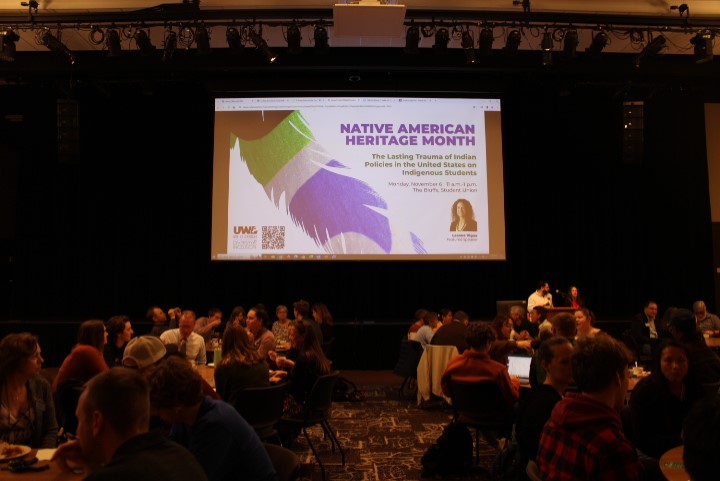
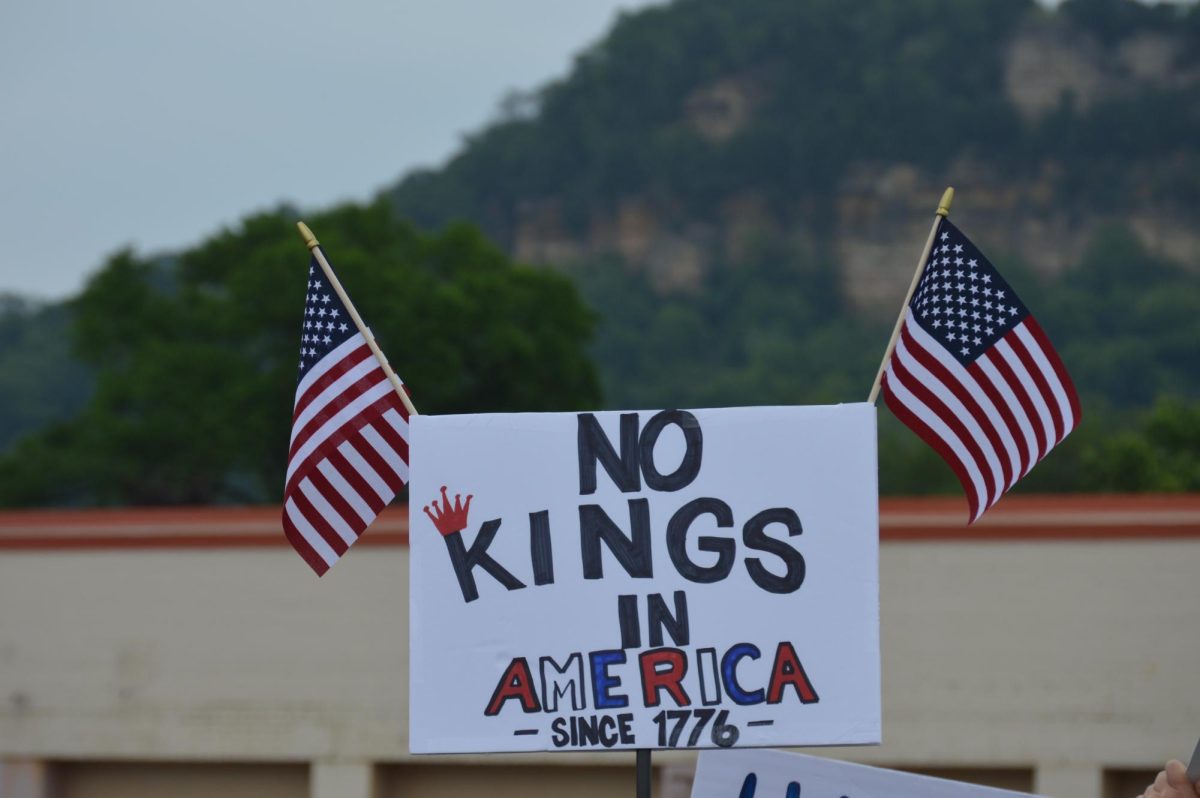
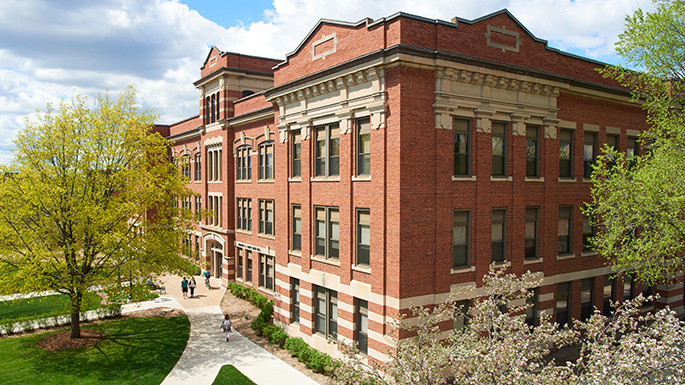
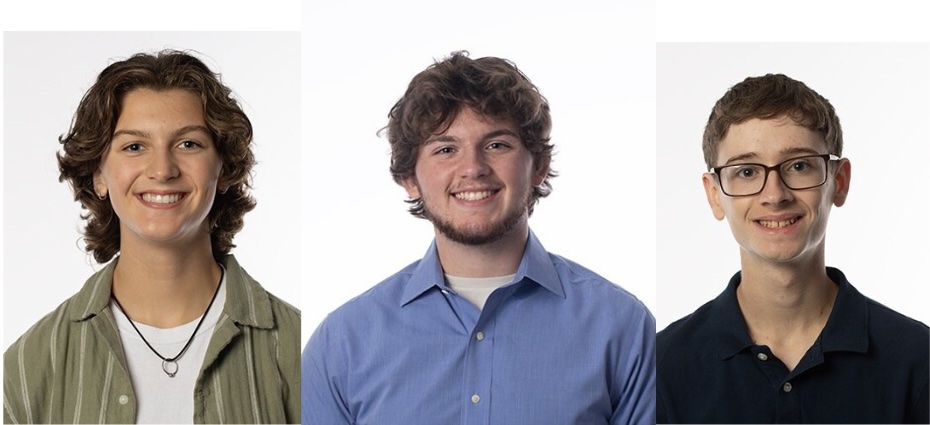
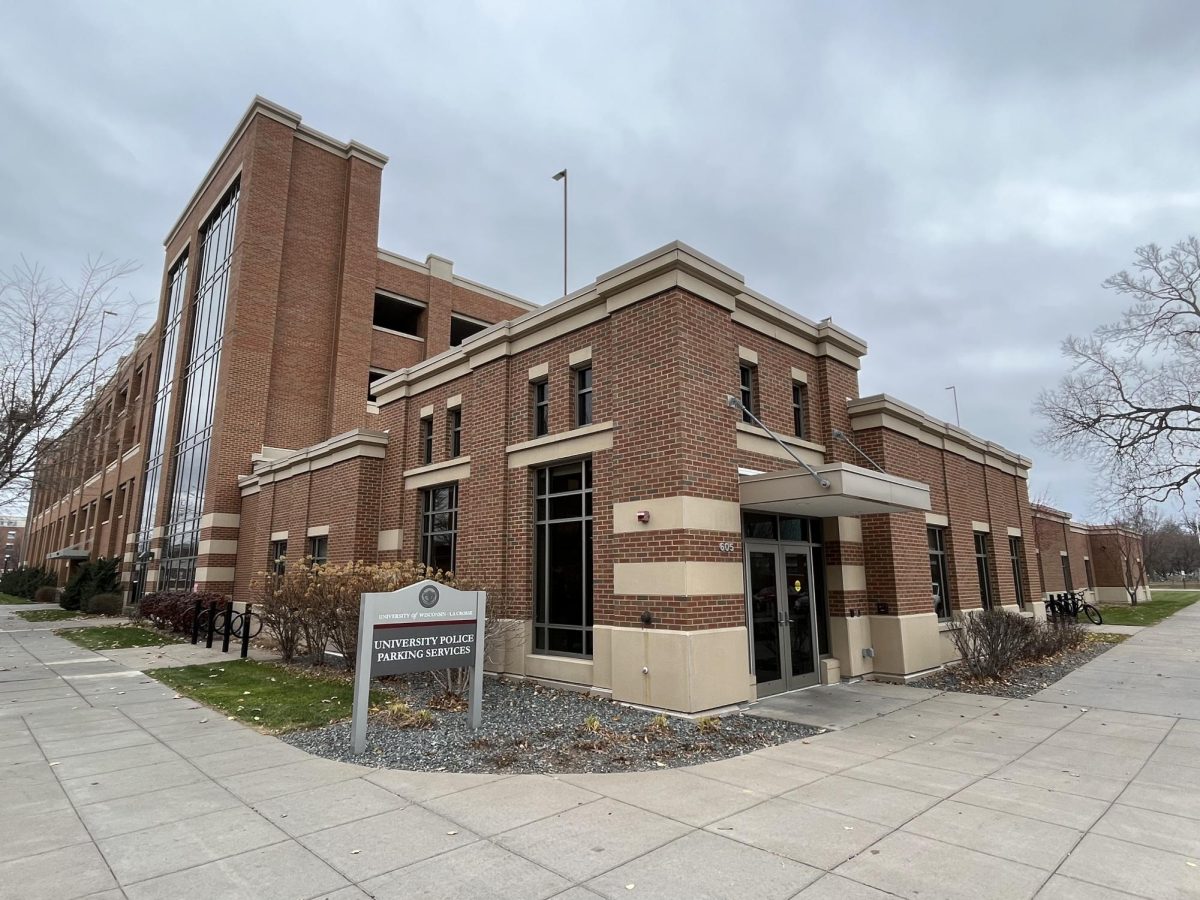

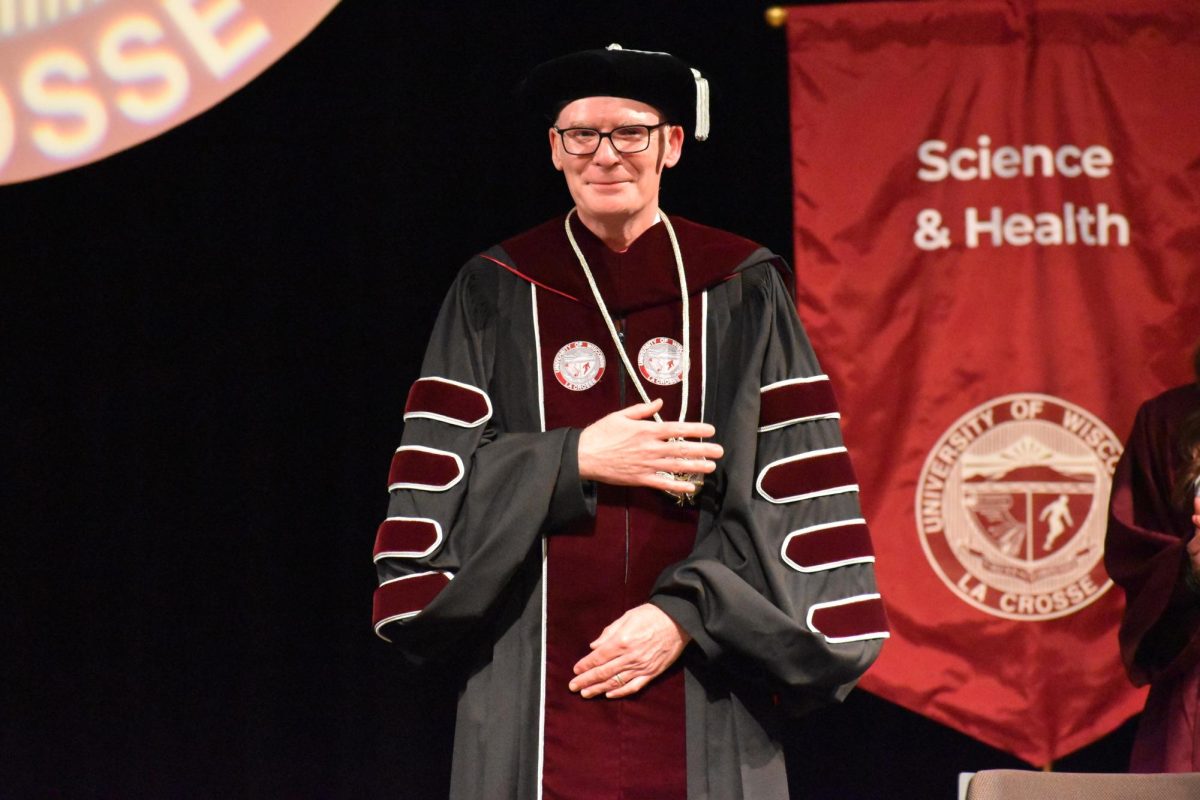
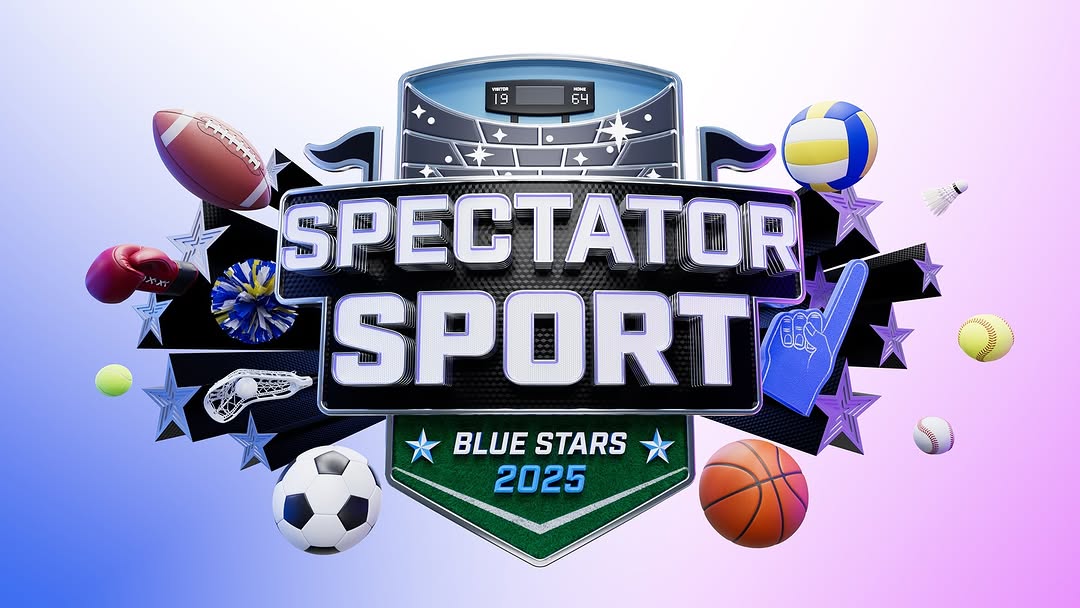
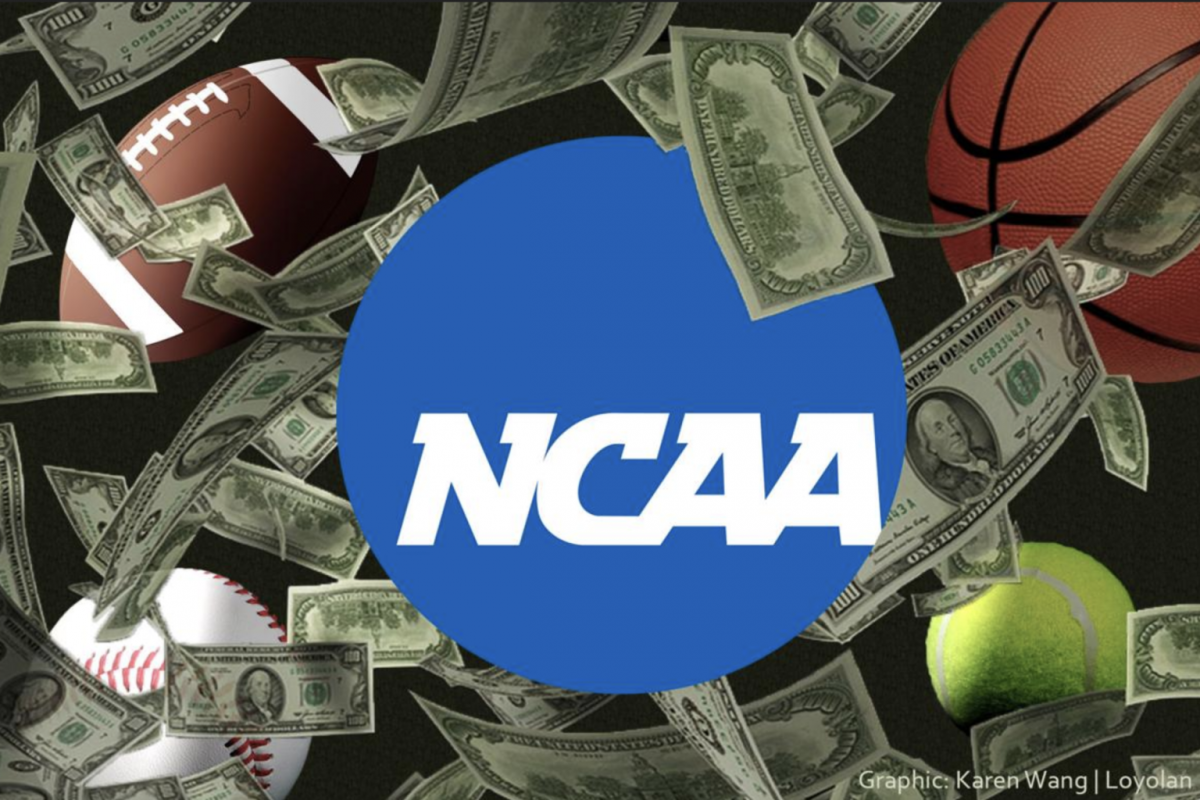
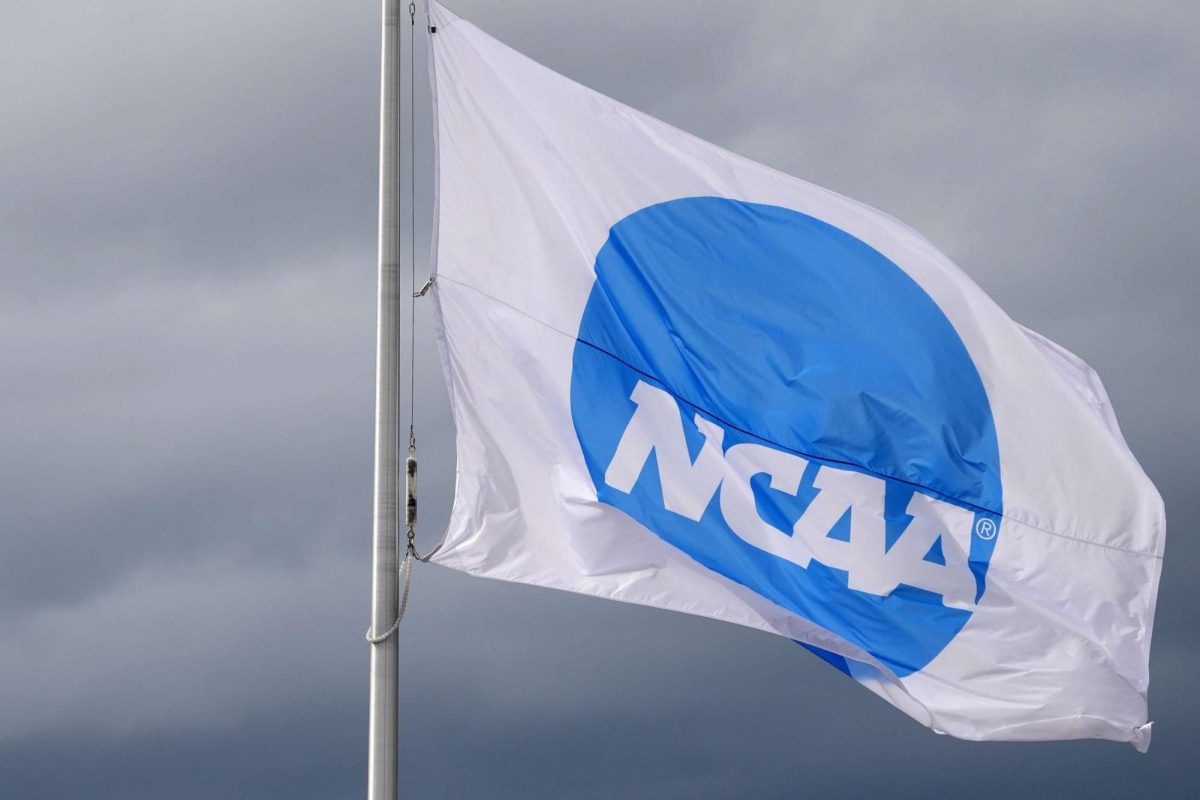
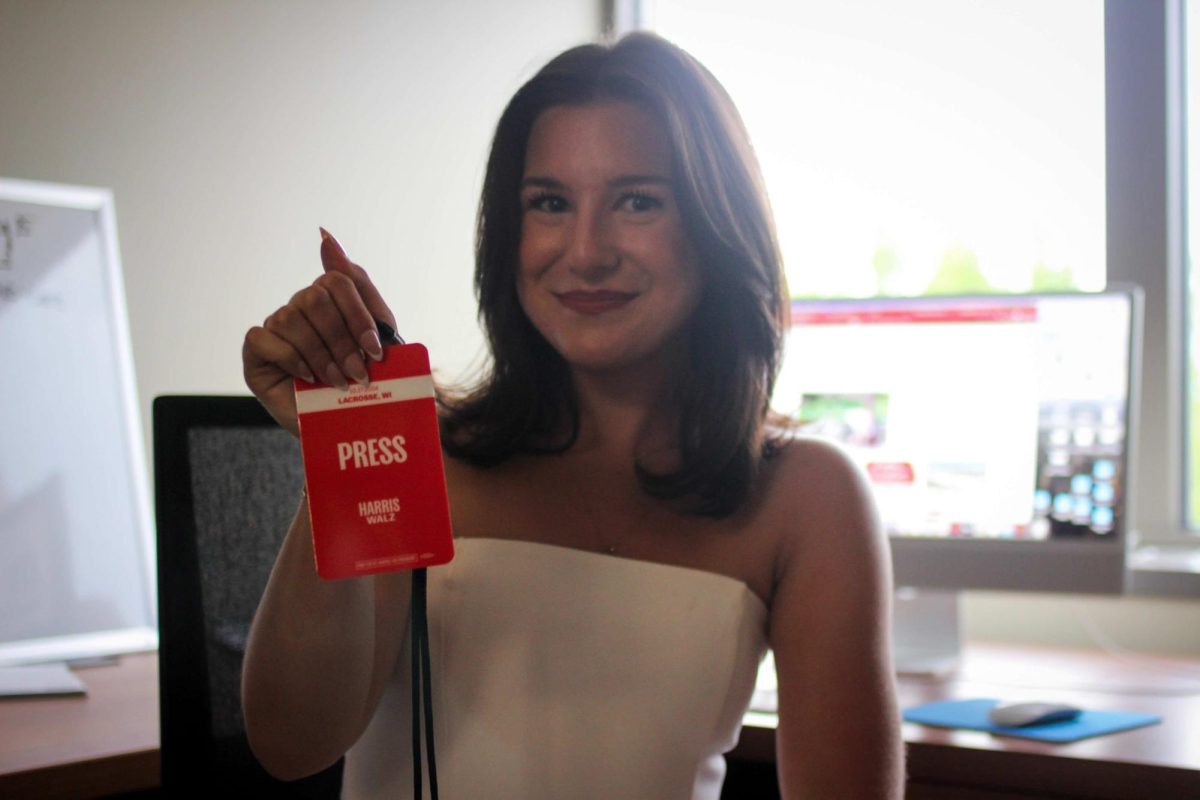


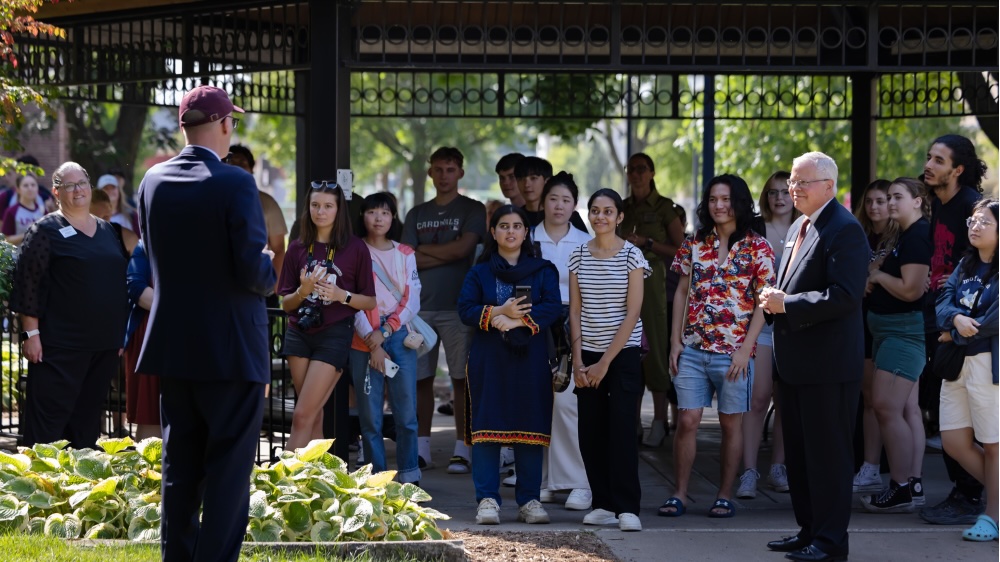

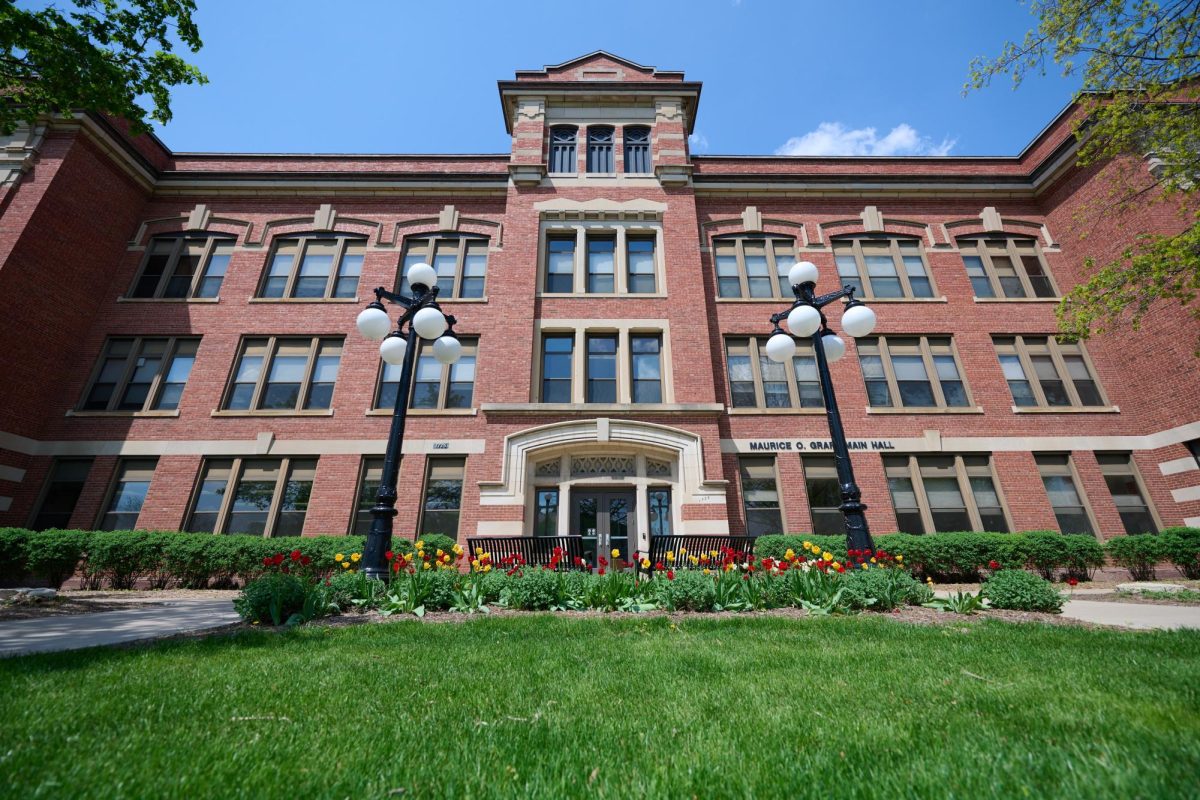
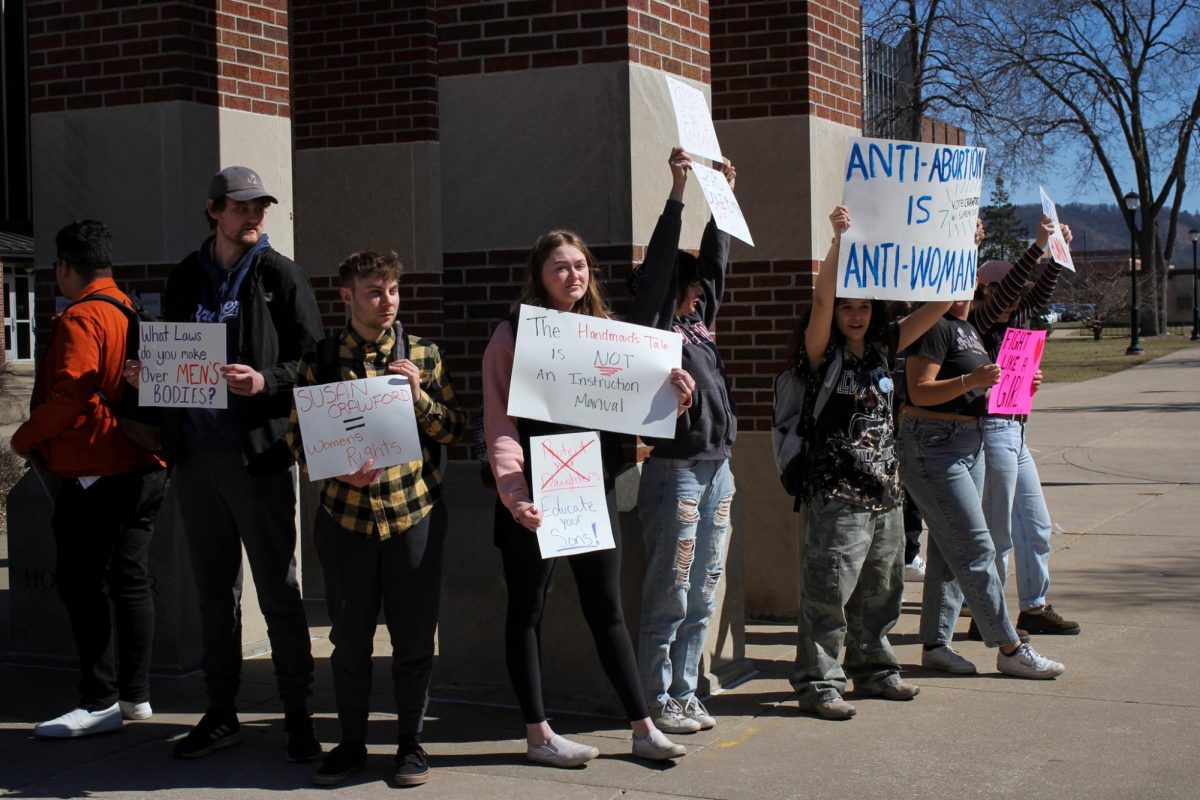
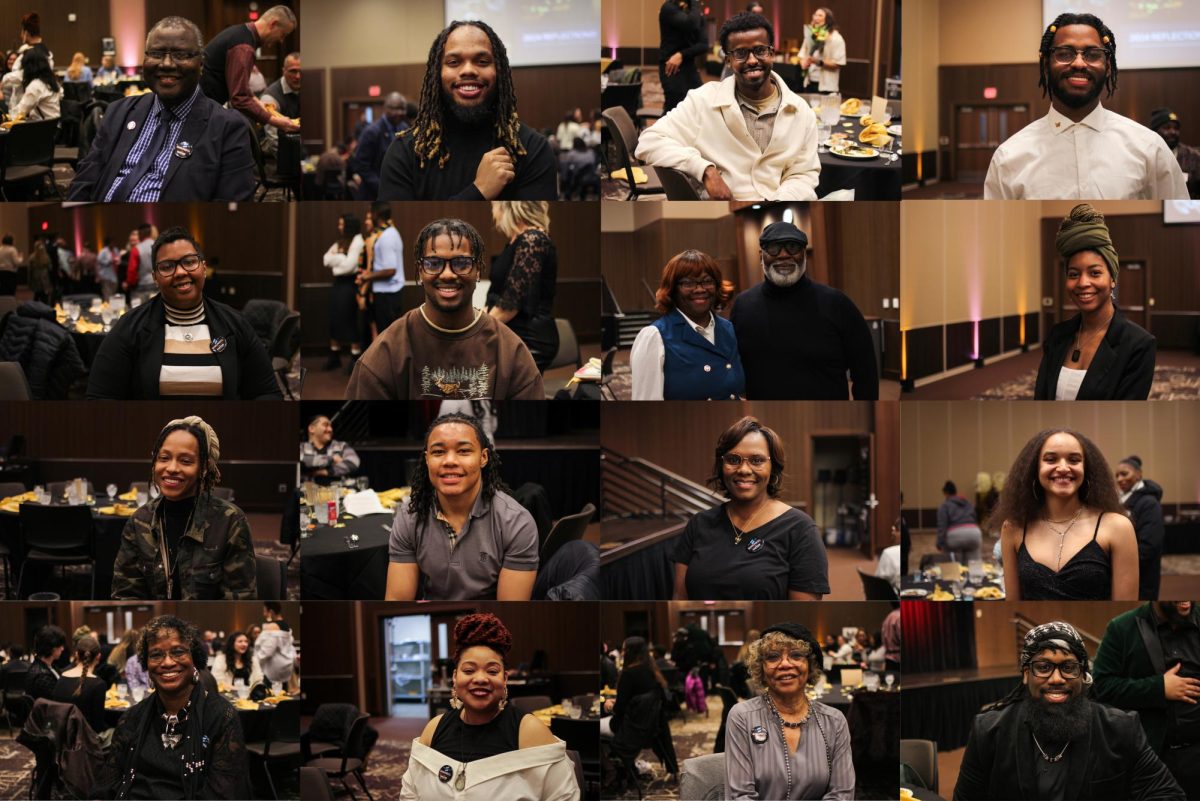

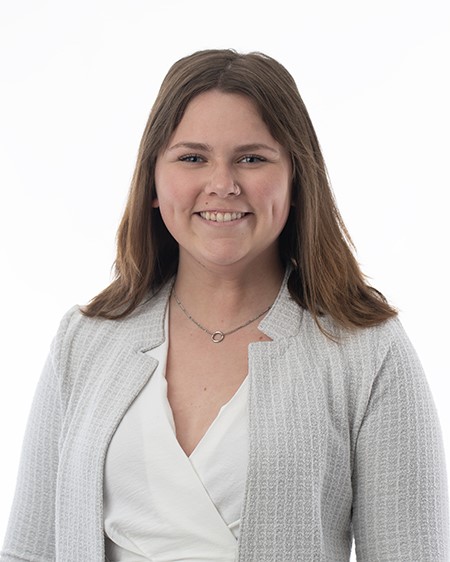
Lawrence Paukstat • Nov 19, 2023 at 12:38 pm
Keep up the Good work!